What You Should Know About Insulation
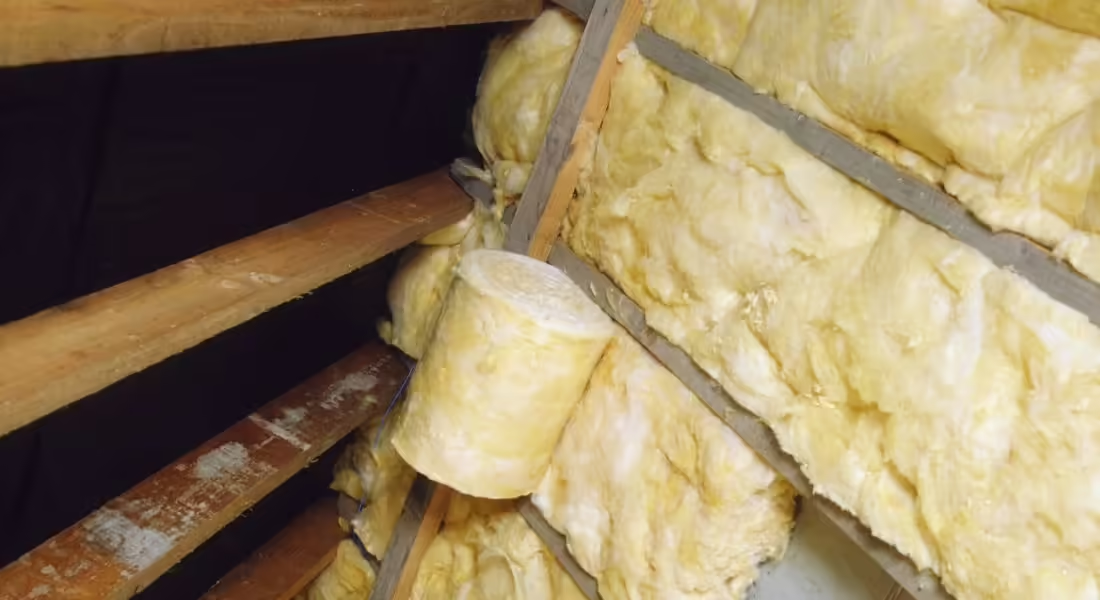
Properly insulating your home may be more important than you realize. In blocking the flow of heat into and out of your home, insulation can help facilitate a safer and more comfortable living space while also saving you a good chunk of change on your electricity bill. To learn more about insulation so that you can enjoy the many benefits it offers, consult this comprehensive guide on what you should know about insulation.
Benefits of insulation
As briefly touched upon, insulation offers homeowners a plethora of attractive benefits. Insulation’s advantages include:
- Lowers energy bills
- Reduces risk of mold
- Prevents pests from entering
- Improves comfort
- Decreases carbon footprint
- Diminishes noise pollution
- Increases home value
What R-value means
One of the most important characteristics of an insulation type is its R-value. The R-value of insulation refers to its ability to resist the conductive flow of heat. By understanding R-values, you can get a good idea of how effective an insulation material will be.
Insulation materials with higher R-values are more resistant to heat flow and serve as more effective insulators. The R-value of a material depends on several aspects such as the thickness of the insulation, how the insulation was installed, the density of the insulation, the age of the material, and the temperature or the moisture level in an area.
Over time, many insulation materials experience a decrease in R-value. However, there are some materials, such as spray foam insulation, which maintain their R-value indefinitely.
The most important areas of your home to insulate
Insulation can be installed almost anywhere in your home—from your crawlspace to your flooring. While homeowners can benefit from installing insulation in any of these places, there are a few locations where insulation is especially important.
For example, insulating the attic can help prevent heat from escaping or entering through the roof. Insulating your attic is especially important if you live in an area that gets very cold and experiences a lot of snow. In such climates, a well-insulated attic will help prevent dangerous ice dams from forming on one’s roof, which can cause it to sag and even collapse.
Insulation is also particularly beneficial in the ceilings and floors of one’s home. Installing insulation in the ceiling and floor will help prevent air transfer between different stories of your home. Plus, properly insulating your ceiling and floor will also help prevent noise transfer for a quieter space.
Another one of the most important places to install insulation is in your home’s walls. In an underinsulated home, around 35 percent of heat is lost through the walls. To prevent such a substantial amount of heat to escape your home, your walls must be insulated properly.
How often you should update your insulation
Failure to update insulation is part of the reason why over 70 percent of homes are underinsulated. While there are some types of insulation that can remain effective for extended periods of time, you’ll eventually need to update your insulation. Over time, insulation can lose its effectiveness. When the quality of insulation deteriorates, your house is put at greater risk for developing mold, forming ice dams, experiencing pest infestations, and allowing uncomfortable drafts that cause your energy bill to shoot up. To keep your insulation working effectively, it’s important to update it when necessary.
The frequency with which your home’s insulation needs to be updated will depend on several factors, such as the insulation material, how well it was installed, and the environment it is located in. Depending on the type of insulation material, home insulation will typically last anywhere from less than 15 years to over 100 years. Common signs that your insulation needs to be replaced include drafts, extreme temperature changes from room to room, high energy bills, moisture in your attic and around windows, and increased allergy symptoms.
The risks of installing insulation on your own
Many people try to save money by choosing to install insulation in their homes on their own. However, forgoing professional expertise could end up costing them in several ways in the long run. Understanding the risks of poorly installed insulation is essential before deciding whether to install insulation on your own or to hire a professional contractor.
Property damage resulting from installing your own insulation
Attempting to install insulation in your home without proper experience and training could cause you to accidentally damage your home. By installing insulation in the wrong area, you risk blocking airflow, which may result in mold outbreaks from moisture buildup. Poorly installed insulation could also increase the likelihood that ice dams will form on one’s roof and cause severe damage.
Safety risk of installing insulation on your own
When installing insulation around combustible sources such as electrical wiring, you put yourself in danger of significant fire hazard and electrocution risk. In addition, there is also a risk of falling when installing insulation in one’s attic if you step in the wrong areas.
Health risks of poorly installed insulation
In addition to potentially damaging your home, attempting to install your own insulation poses numerous health risks. Depending on the insulation agent used, improper installation can result in harmful chemical off-gassing, which can increase residents’ risk of developing respiratory issues or certain types of cancer. In addition, attempting to install insulation on your own may also result in eye, nose, throat, and skin irritation as a result of exposure to harmful irritants during or after the installation process.
If you’re interested in updating your home’s insulation, consider enlisting the services of the most trusted spray foam insulation contractor in Wauconda and the greater Chicago area, Paragon Protection. In addition to spray foam insulation, our highly experienced contractors also install several other types of insulation such as compact mineral wool insulation, fiberglass insulation, and cellulose insulation. Upon evaluating your home or building, we can help you determine which type of insulation will be most advantageous for you. When it comes to installing insulation, no job is too big or too small for our contractors at Paragon Protection. To learn more about our insulation installation services, contact us today.
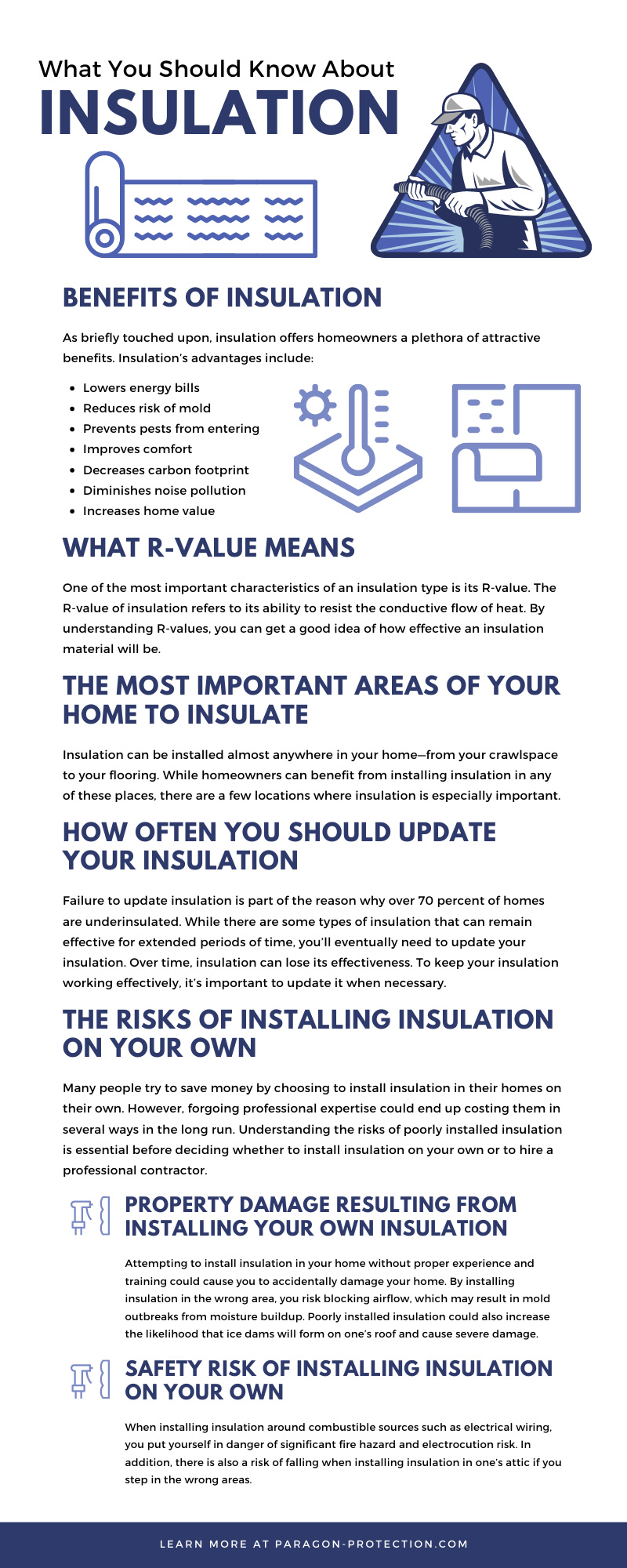

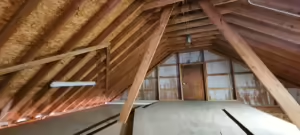
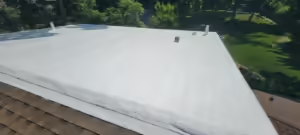
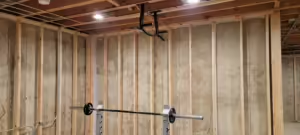
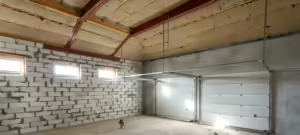

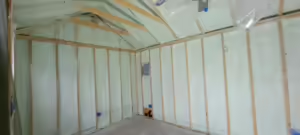
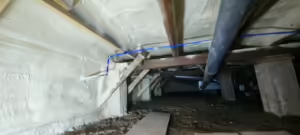
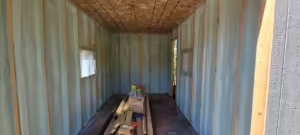
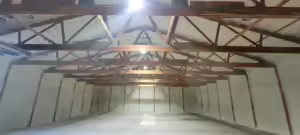
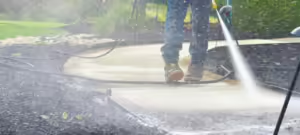

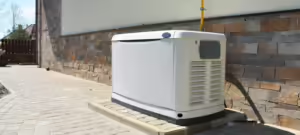
 Professional Insulation Services
Professional Insulation Services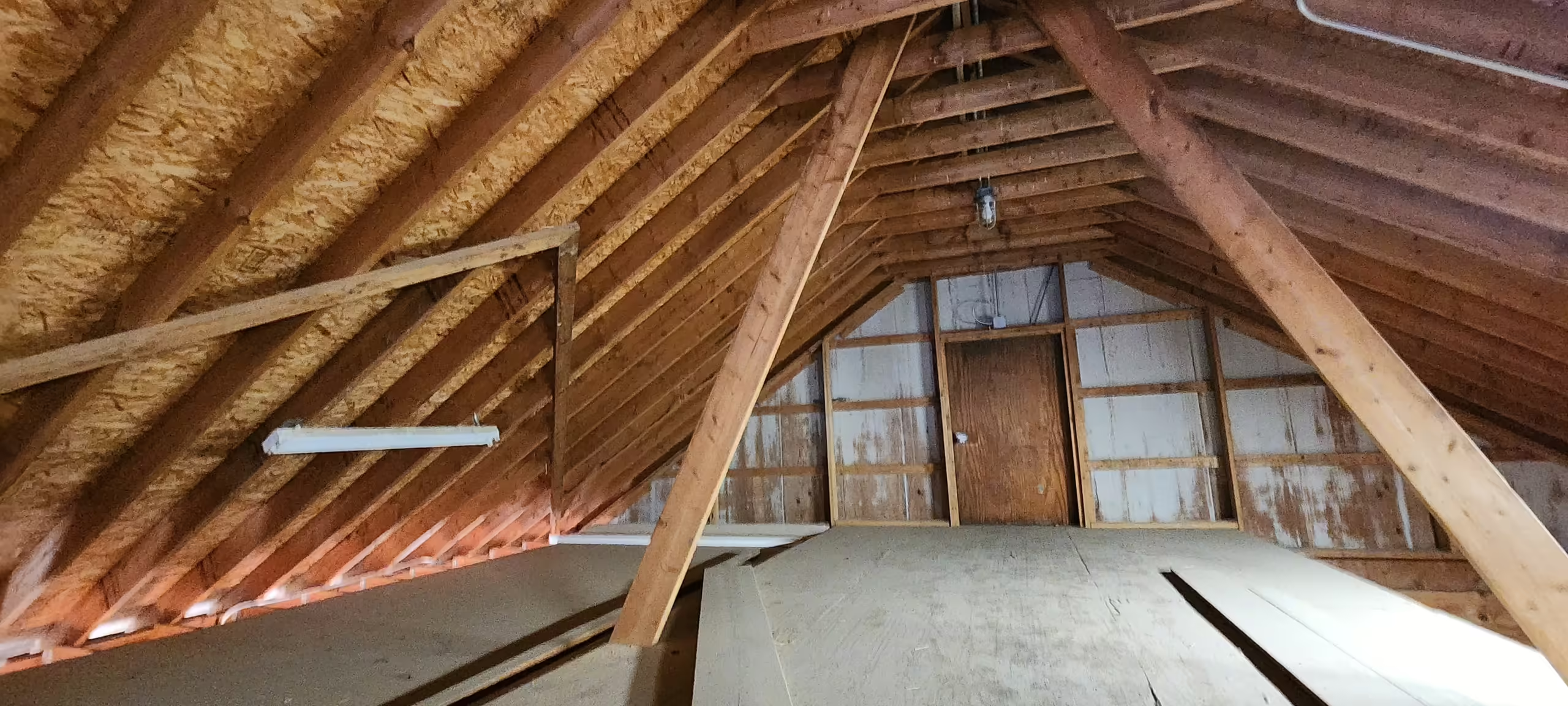 Attic Insulation Services
Attic Insulation Services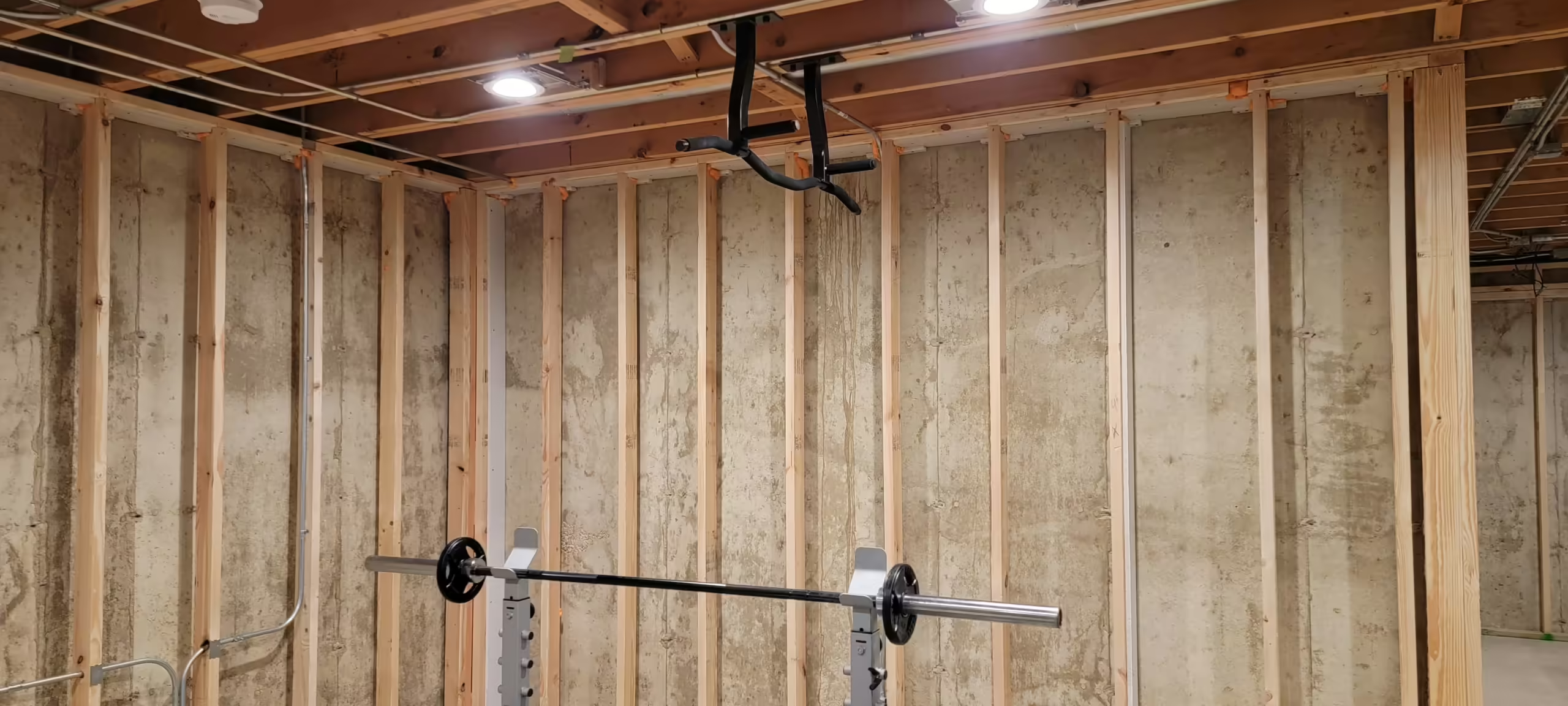 Basement Insulation
Basement Insulation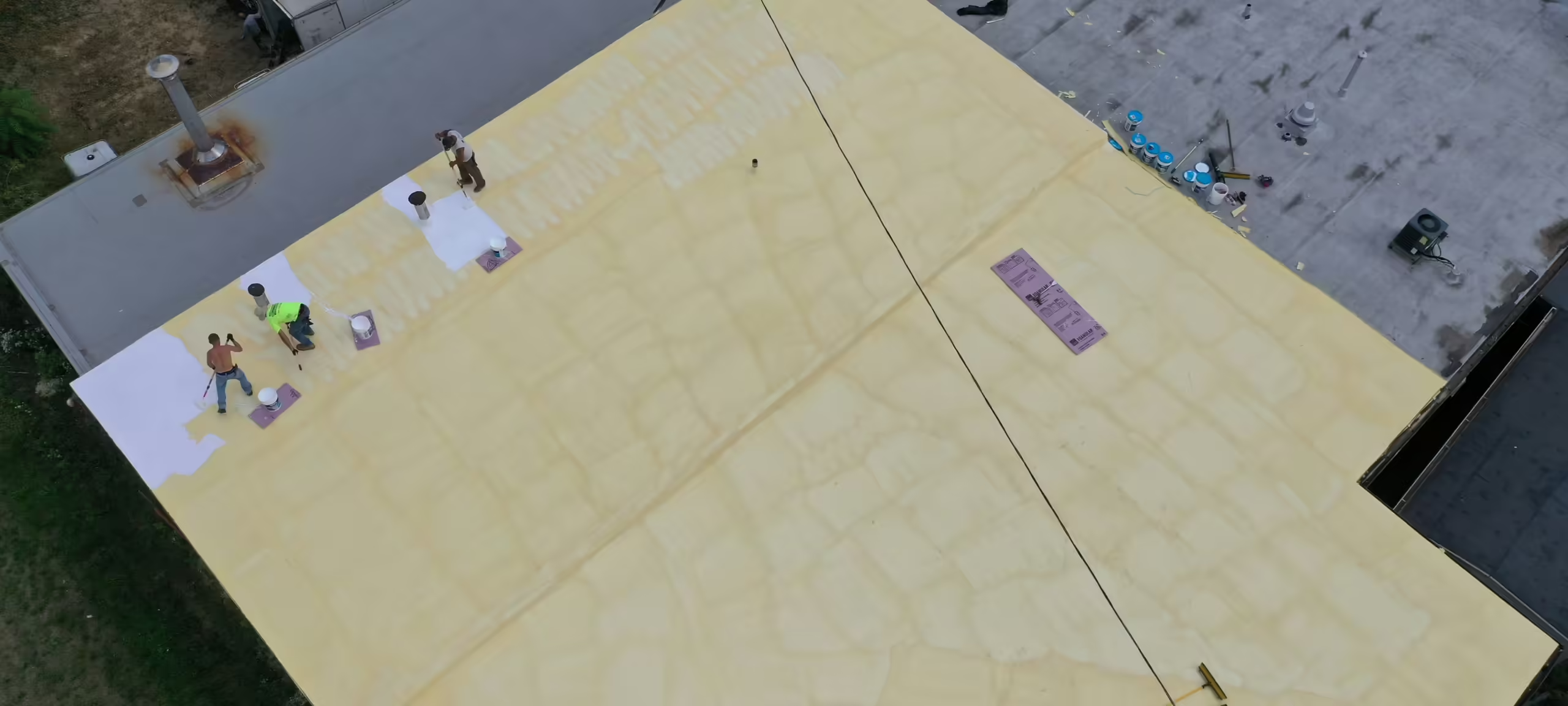 Commercial Insulation
Commercial Insulation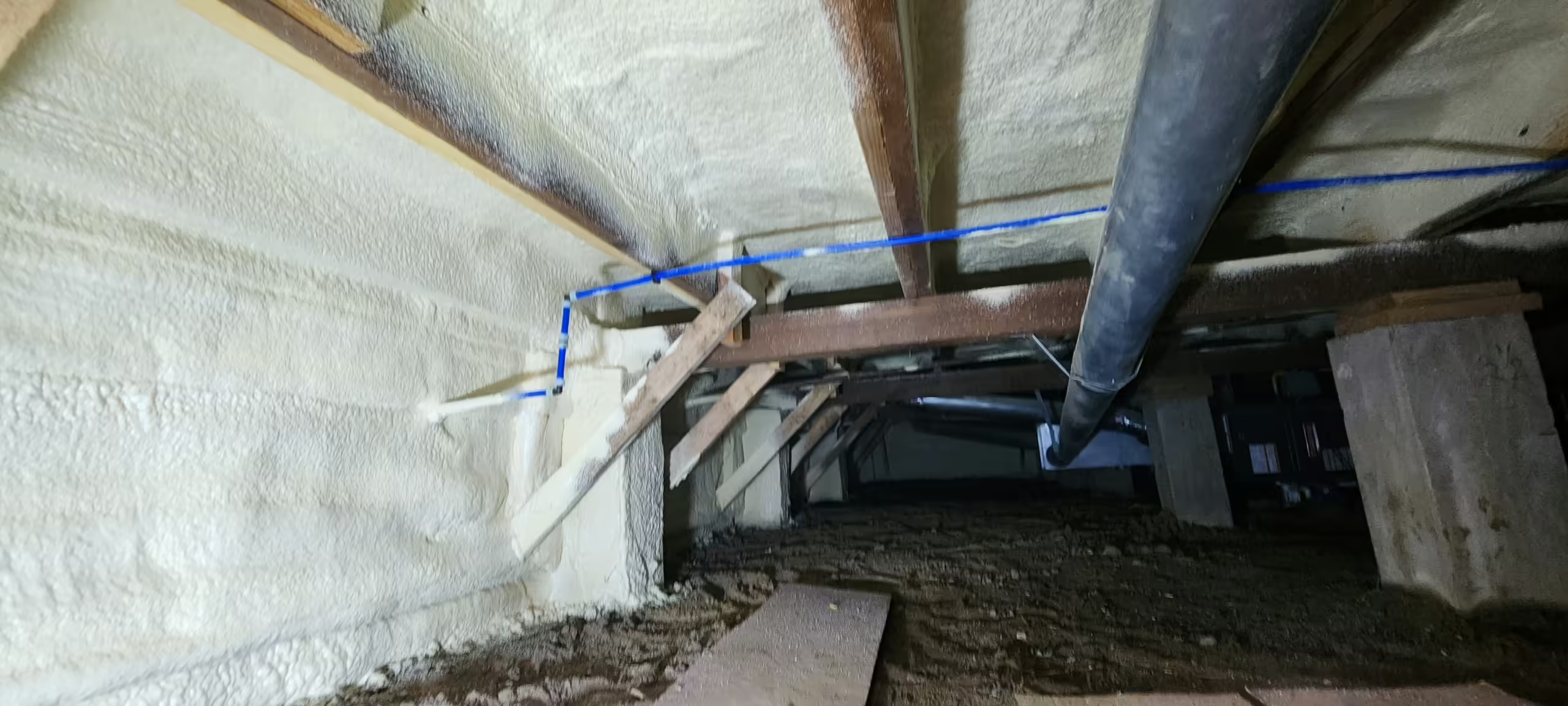 Crawl Space Insulation
Crawl Space Insulation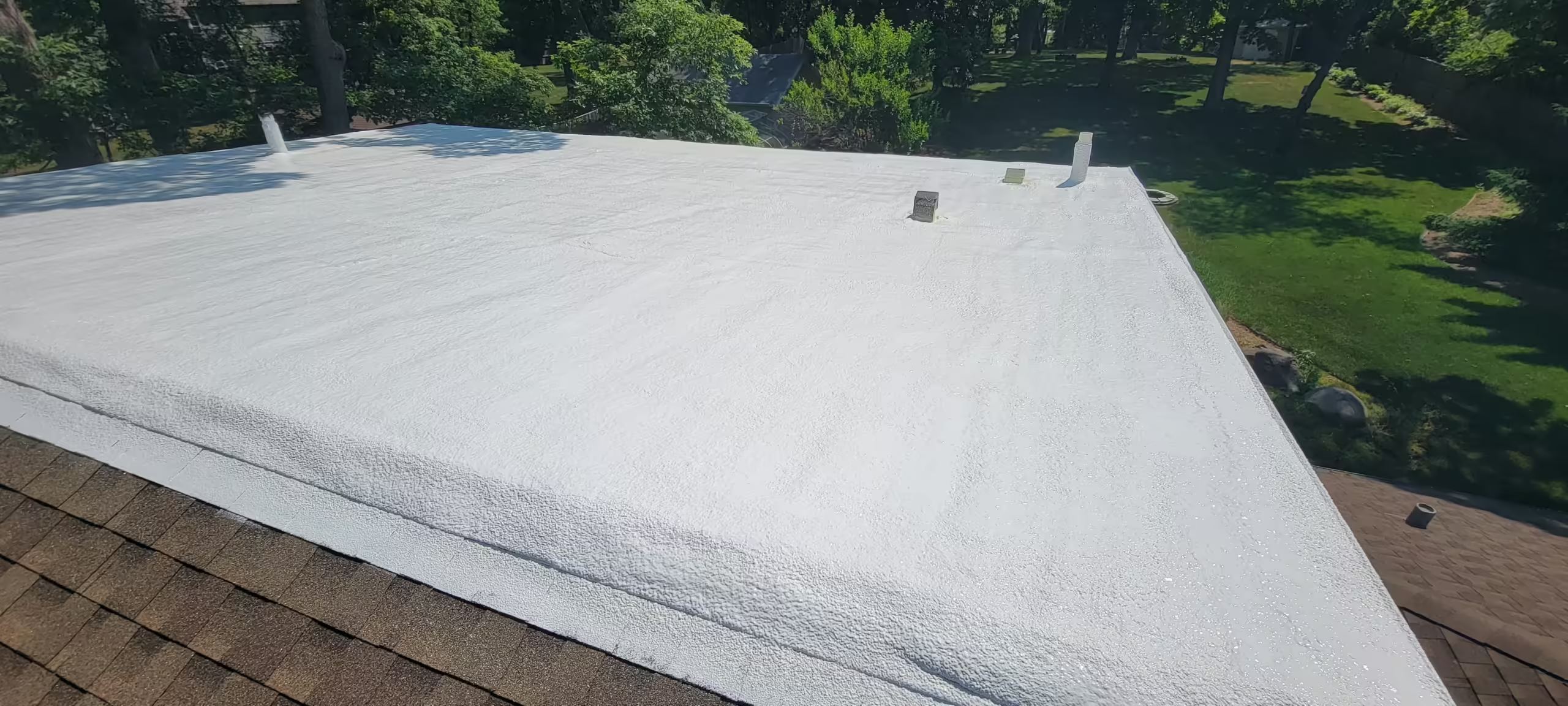 Exterior Wall Insulation
Exterior Wall Insulation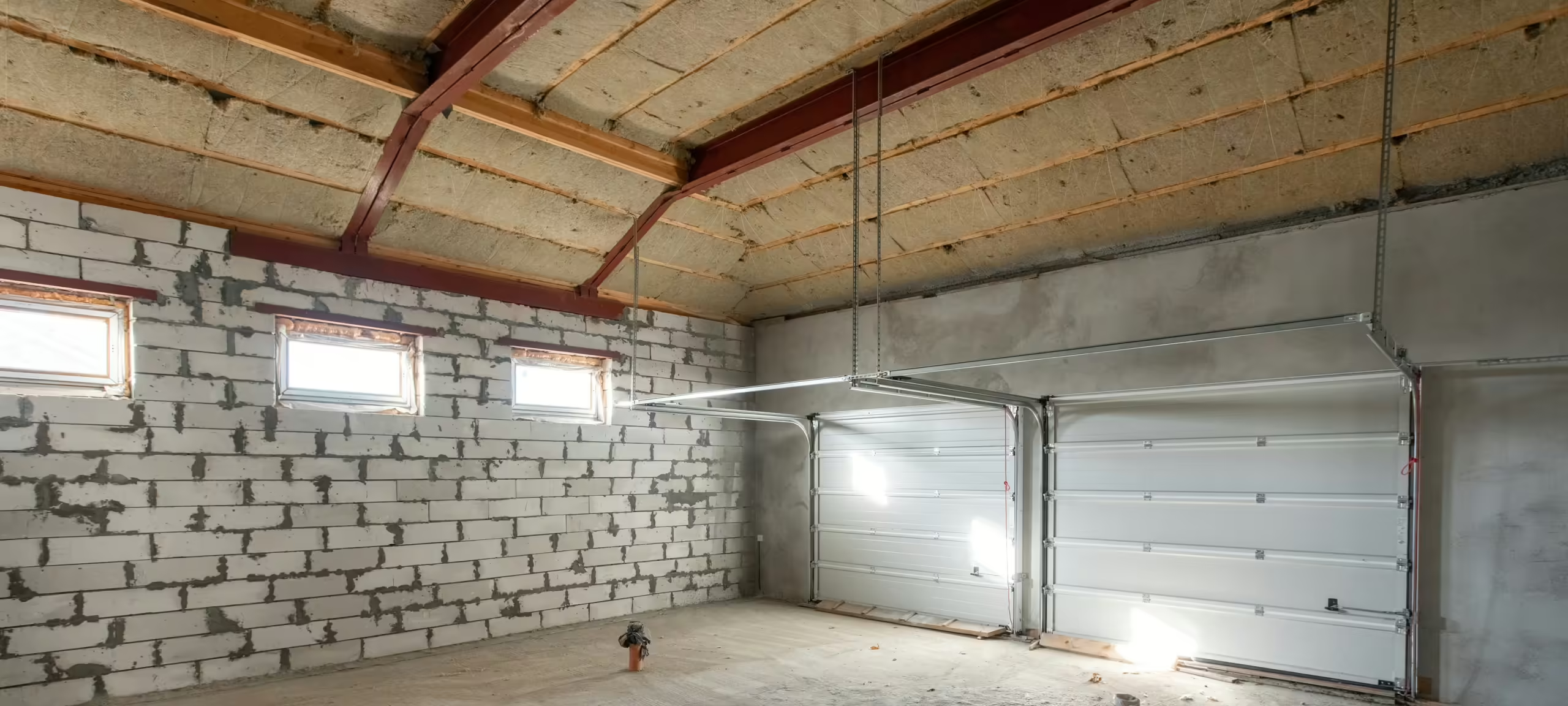 Garage Insulation
Garage Insulation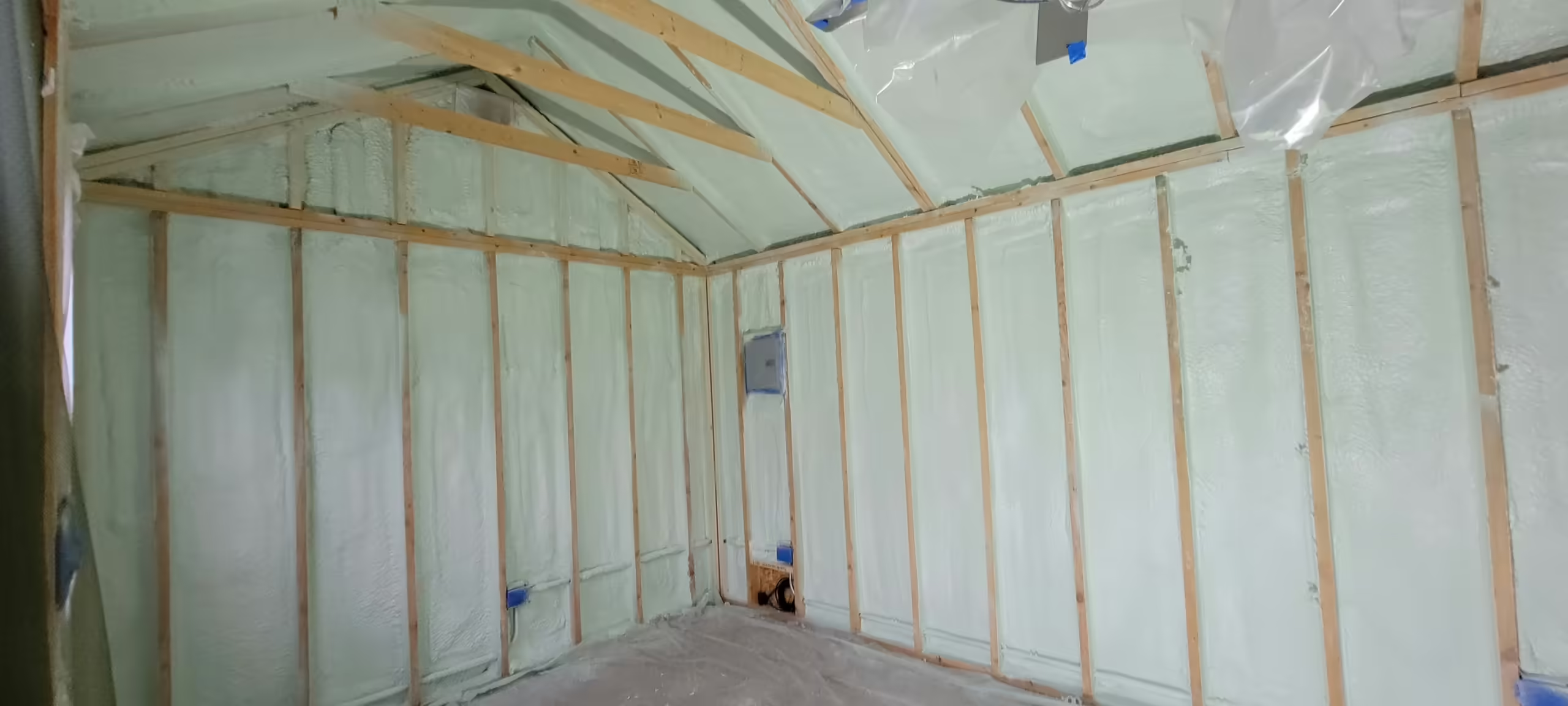 Interior Wall Insulation
Interior Wall Insulation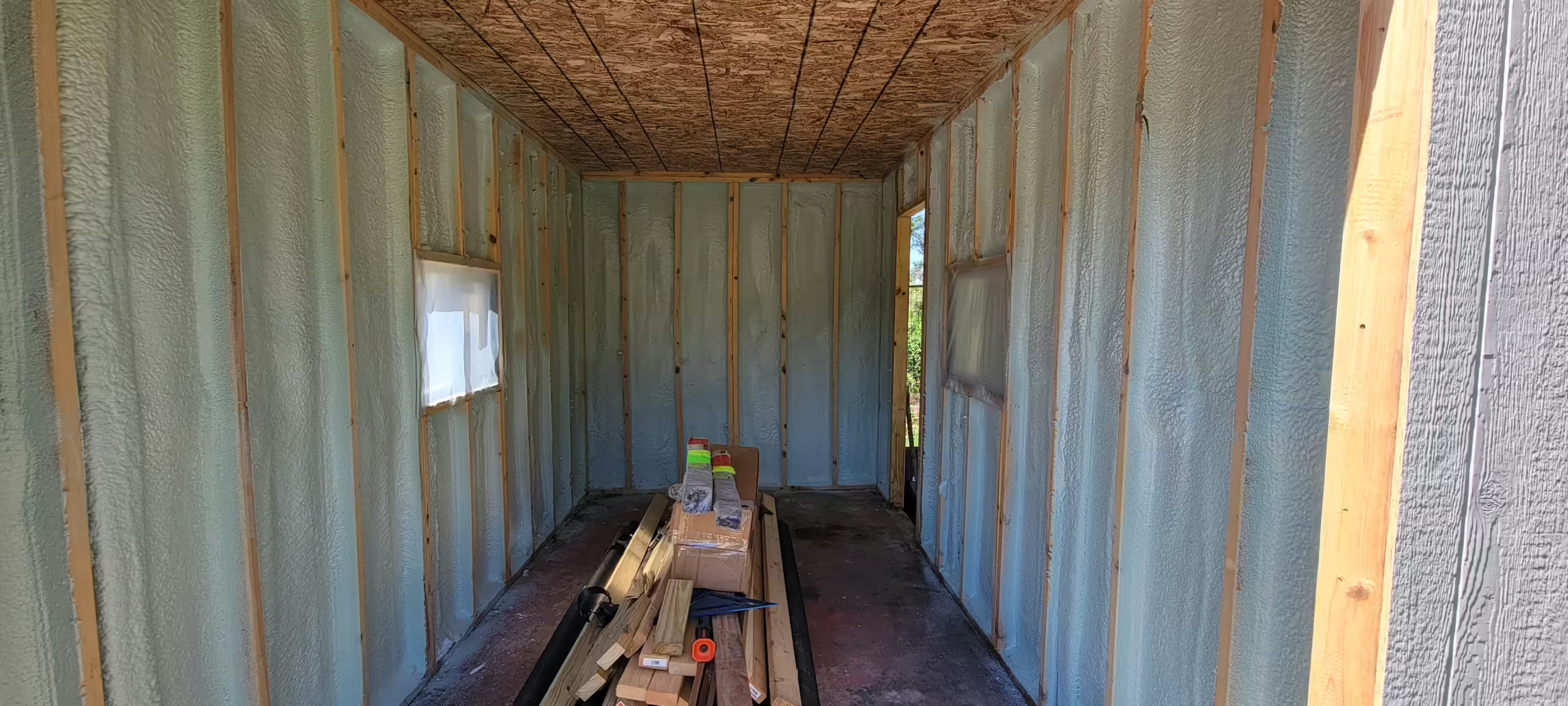 Shed Insulation
Shed Insulation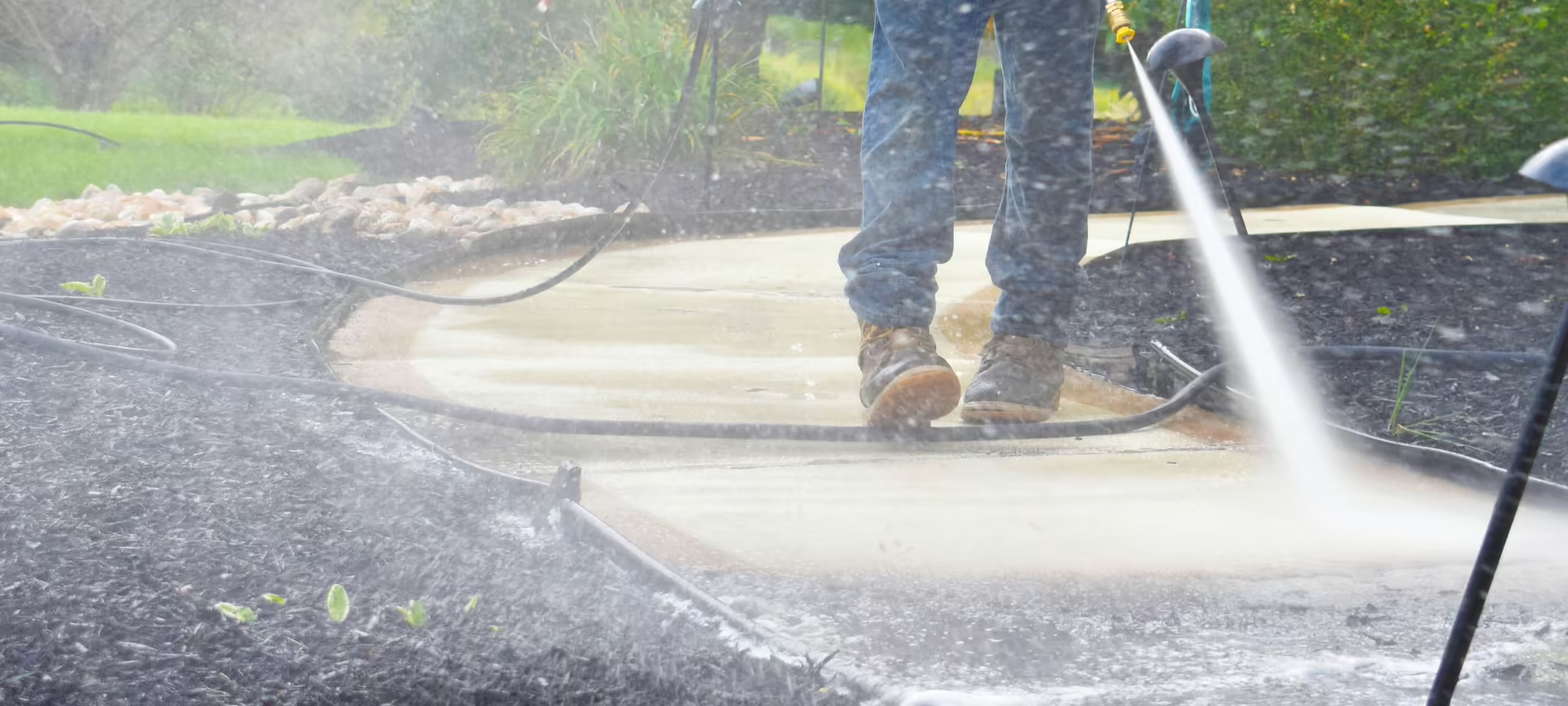 Power Washing
Power Washing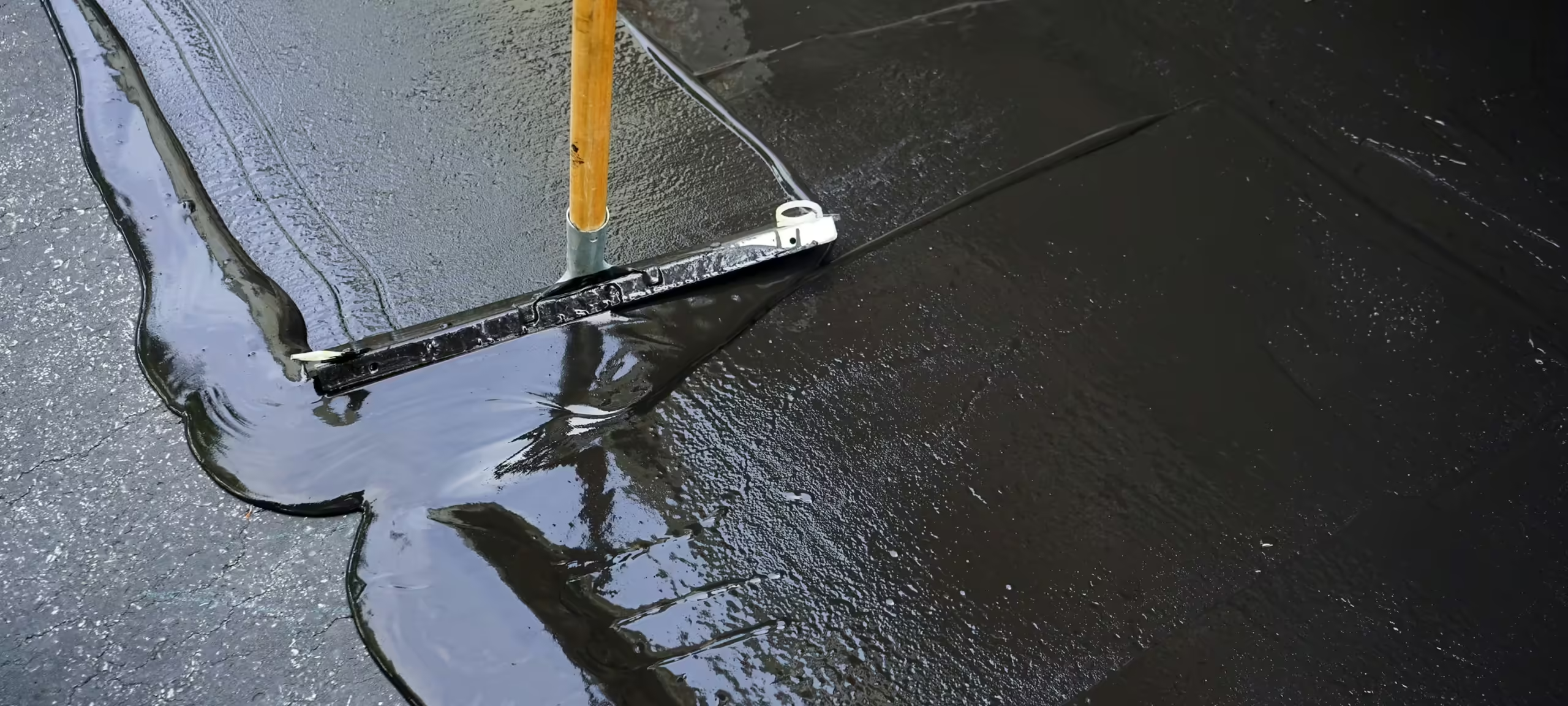 Sealcoating
Sealcoating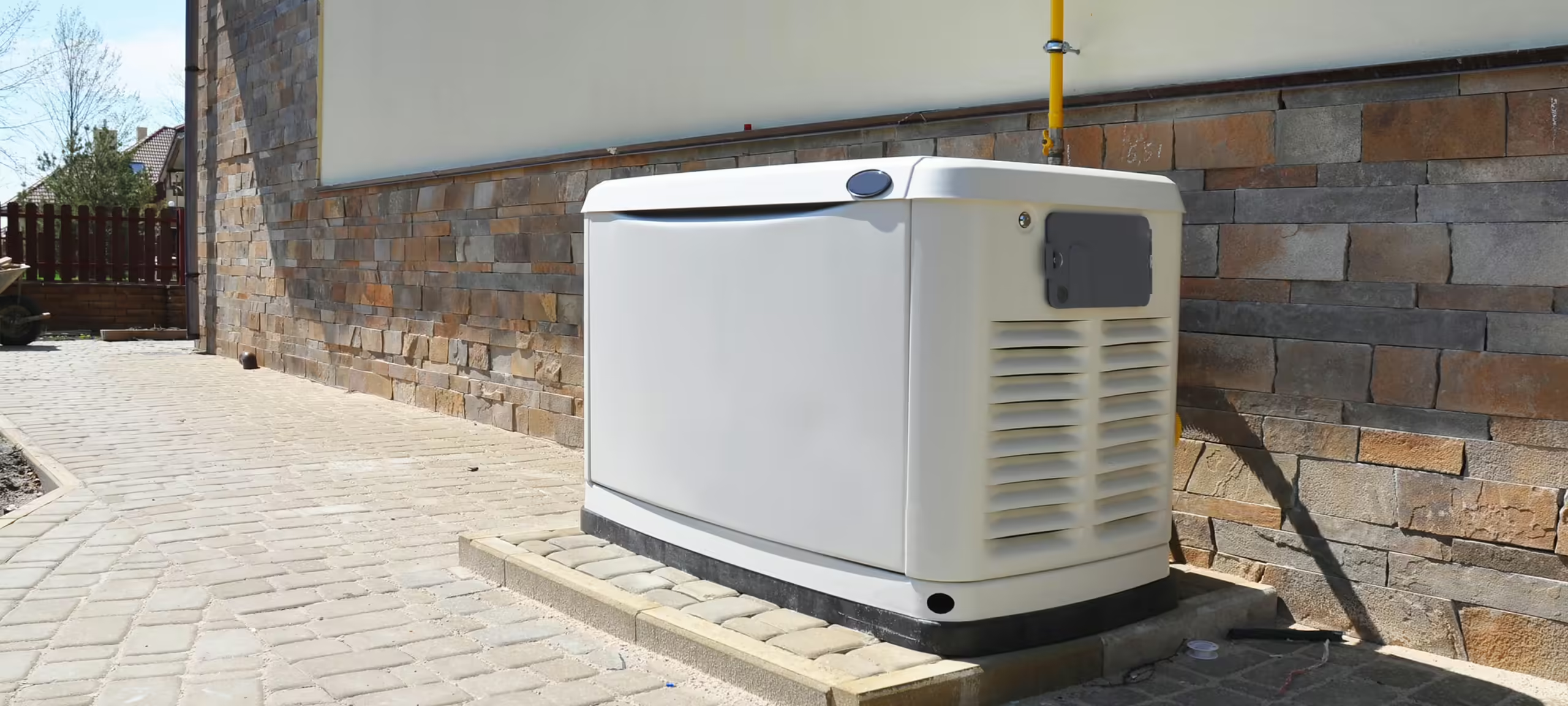 Backup Power Generators
Backup Power Generators Lake County Insulation
Lake County Insulation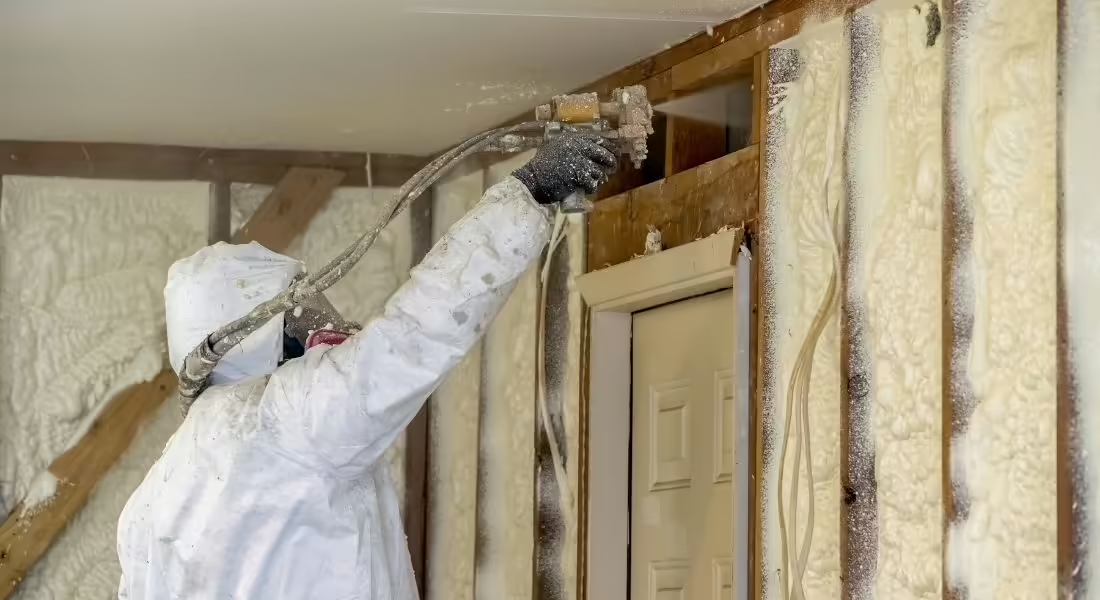 Spray Foam Insulation Guides
Spray Foam Insulation Guides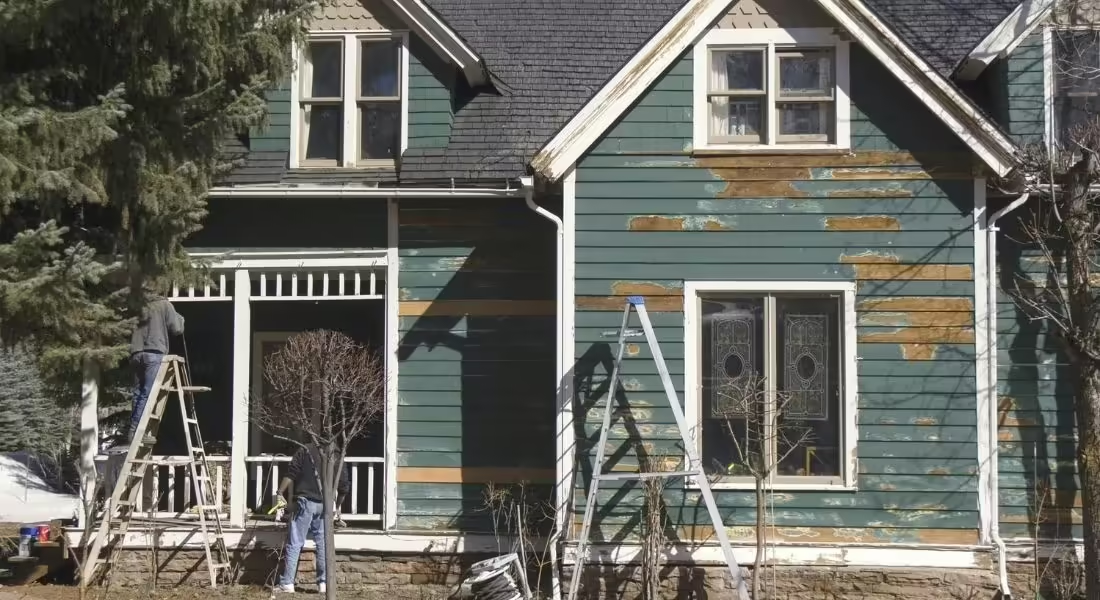 Home Improvement & Maintenance Guide
Home Improvement & Maintenance Guide